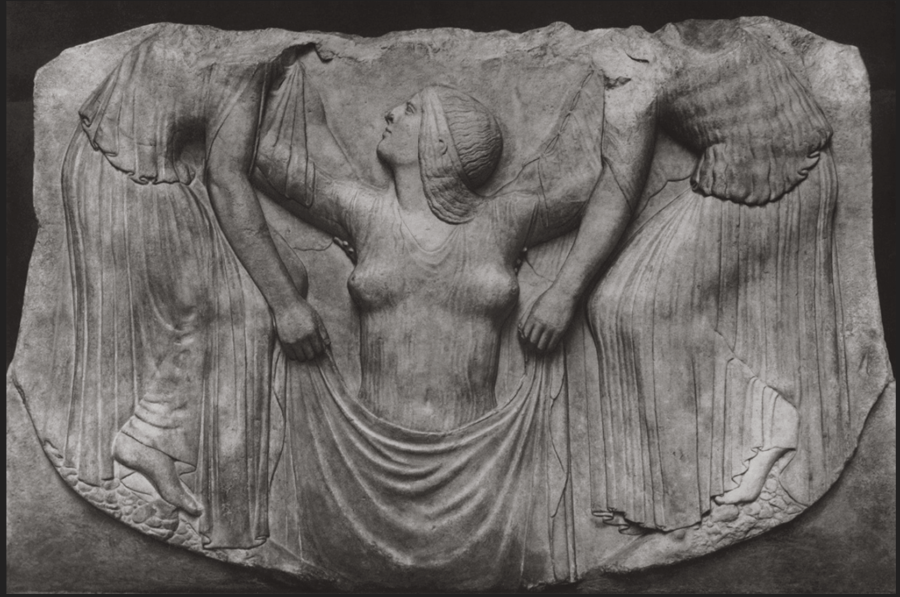Afghan Hope

Phyllis Chesler is an Emerita Professor of Psychology and Women’s Studies at the City University of New York. She is a veteran of many feminist combats, has blazed trails where colleagues feared to venture, and authored many brave, clear and well-informed books.
In 1961, her life had a different look. She was a young girl on a whirlwind European tour with her first lover and new husband, a dashing fellow student whose native land was the exotic country of Afghanistan. In their courtship days, they’d shared bohemian views and pictured joint creative projects, with all the airy sophistication of the young. Their honeymoon tour was to take in a brief stop in Kabul where she would meet her new in-laws.
When they landed in Kabul, her American passport was confiscated, her father-in-law turned out to have plural wives, her mother-in-law to hate her son’s Jewish bride, and the trap closed. She was an Afghan wife.
She had no rights.
Philosophers can debate the concept of human rights, and what it means exactly. If you’ve lost yours, it’s no longer a conceptual problem.
The story of her life inside that trap, and how she finally managed to escape, is told unforgettably in An American Bride in Kabul, the memoir of her experience.
I take seriously the romantic notions that led an intelligent, sophisticated young woman to “blunder” in this way. A first love is a life-imprinting thing, even if it should turn out to lead “nowhere.” In her lifelong battle for the safety, dignity and freedom of women, I see Chesler as faithful to the promise implicit in her first love. That “first, fine, careless rapture” pictures a world where the fervor of discovery can extend itself into the future.
Love needs to find itself out.
What would it have meant, if it could have survived? How might it have survived? I don’t believe in just shrugging off the questions, pulling up one’s socks and chugging on. These questions lie at the very heart of life. They demand answers.
It is now August of 2021. Phyllis Chesler is part of a superb international team of feminists working together to rescue Afghan women. They include “anti sex-slavery activists, honor killing experts .. a brilliant legal team …” and they focus particularly on women whose stand for women’s rights has made them Taliban targets. One of these desperate Afghan feminists, “Aisha,” is an experienced researcher, journalist and lecturer with a degree in medical science. She contacted Chesler with this simple request:
Save my life!
Working for a month round the clock, with her team, Chesler succeeded.
My parents rescued ten families, whom they did not know, from the Holocaust. I know what such work is. I may sleep better tonight, knowing that Phyllis Chesler has won this round. What a triumph! No Nobel Prize is better than this!
It is also, as I see it, a womanly victory. The safety and support that her first love, the Afghan boy, should have brought her, she has secured, in some measure, for other women.
This is the eternal feminine
in action.




